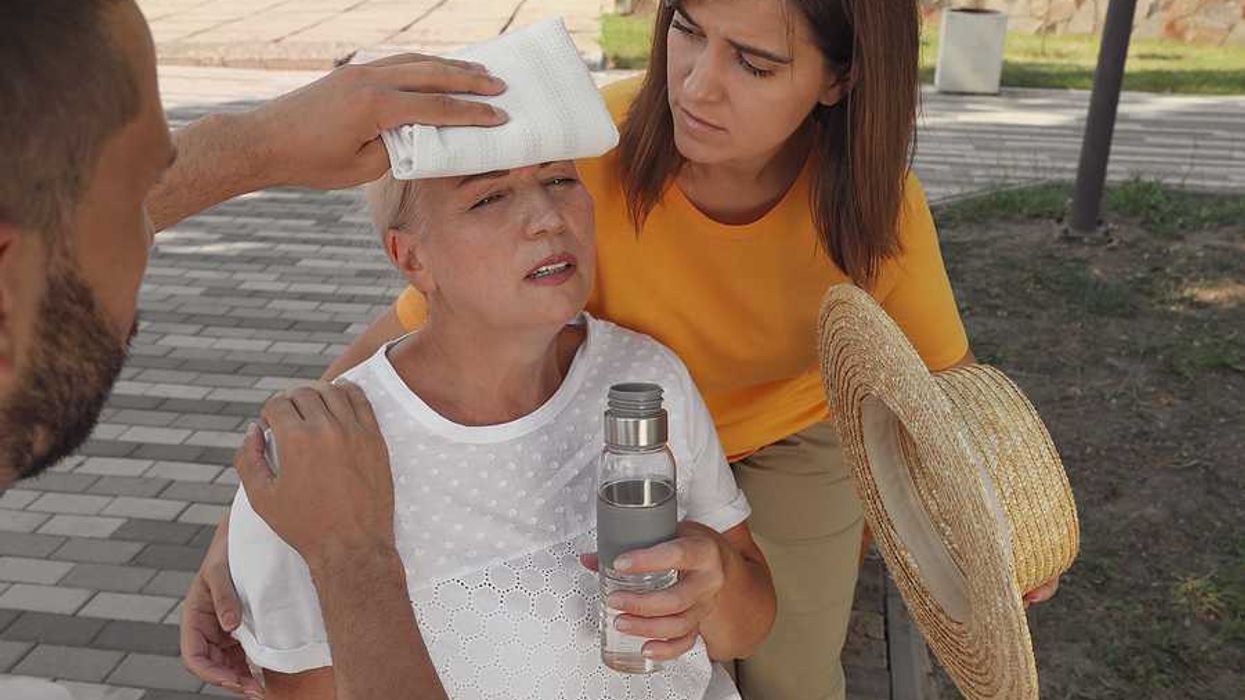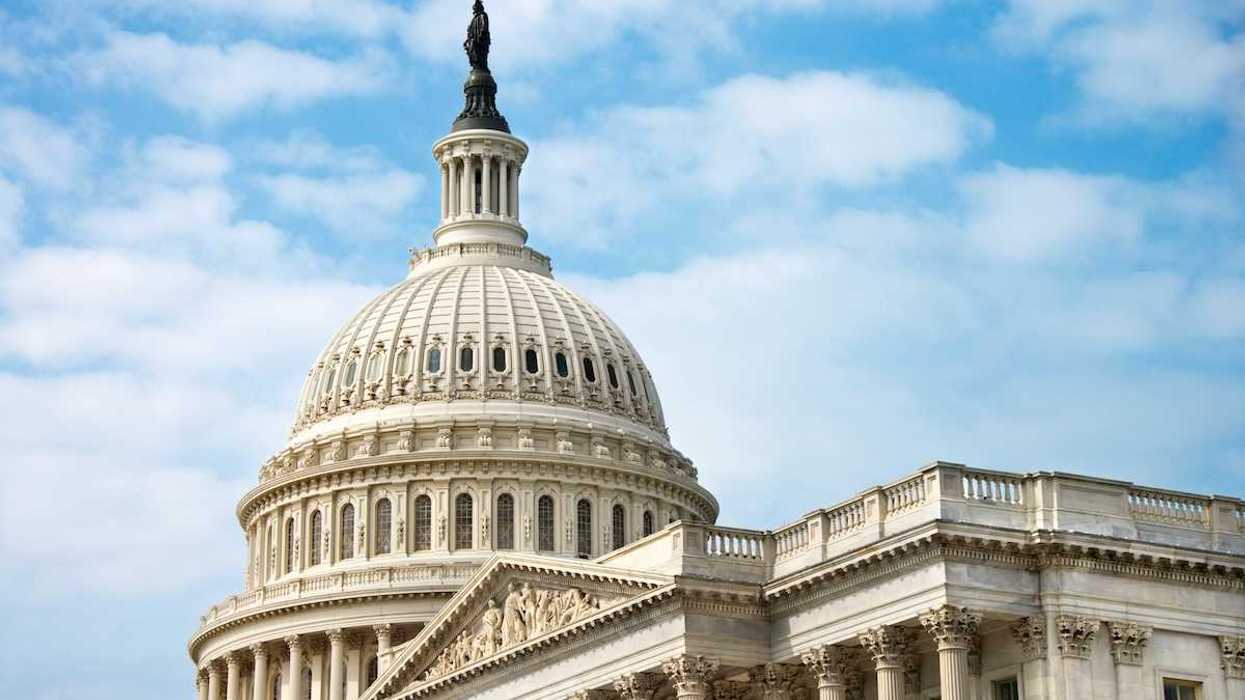The editors in chief of several prominent European toxicology journals write that recent layoffs and restrictions at top U.S. health and environmental agencies are undermining public safety, slowing innovation, and damaging global trust.
The editorial was published jointly in Regulatory Toxicology & Pharmacology, Current Opinion in Toxicology, Chemico Biological Interactions, Computational Toxicology, ALTEX – Alternatives to Animal Experimentation, Reproductive Toxicology, Environmental Toxicology and Pharmacology, Toxicology in Vitro, Toxicology Letters, Toxicology, NAM Journal and Food and Chemical Toxicology.
In short:
The editors write that:
- Cuts and restrictions at the U.S. Food and Drug Administration and the U.S. Environmental Protection Agency threaten the safety of food, water, medicine, and air, while also delaying innovation in life-saving treatments.
- The departure of experienced toxicologists from federal agencies hinders efforts to modernize safety science, including alternatives to animal testing.
- The U.S. exit from the World Health Organization, paired with speech restrictions on agency scientists, weakens global health efforts and raises fears of politicized science.
Key quote:
“The scientific knowledge and insights of U.S. Government scientists lost will not only be profoundly missed in the years ahead but will throw public health and safety back to the stone age of safety science.”
Why this matters:
As U.S. health and environmental policy drifts further from scientific evidence and deeper into political quicksand, the rest of the world is taking note. When science agencies are hollowed out and silenced, the result isn’t just bureaucratic delay — it’s unsafe food, dirty air, delayed treatments, and weakened response to health threats at home and abroad.
Read more:
- Scientists scramble to save climate and health data as government deletions escalate
- NIH signals end to key research on climate change and health
- Trump EPA seeks to gut state chemical bans, raising toxic exposure risks
- Trump administration freezes billions in NIH funding, disrupting medical research across U.S.
- CDC layoffs gut essential health programs, from lead poisoning to HIV prevention
- States move to cement PFAS protections amid fears of federal rollbacks














